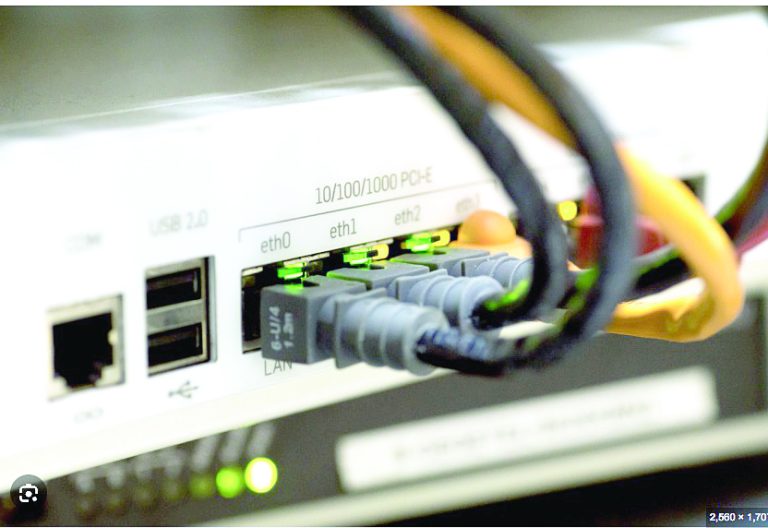Big data crucial in politics but beware the pitfalls

Politics is a strategic game where numerical strength and intelligent political tactics prevail. The unfortunate thing is that the victor is not always the candidate with the most innovative ideas, but the one with the strongest backing. In today’s data-driven society, big data and predictive analytics have become invaluable tools for governments, organisations, and institutions.
As we approach the upcoming general election, the importance of big data and predictive analysis in politics is undeniable. Politicians and political parties need to rely on data to shape their campaigns and policies in their messaging.
In recent years, the role of big data in politics has progressed, reshaping campaign strategies and election outcomes. For instance, during the recent US elections, an in-depth analysis of voter data played a key role in President Trump’s electoral success. Data was strategically employed to create targeted political campaigns that addressed the unique needs of various states. But can big data shape political conversations in Kenya? Yes, it can in a big way.
In Kenya, big data holds significant potential to influence political discourse. Political parties and candidates can leverage data analytics to acquire critical insights into voter opinions, enabling them to tailor their campaigns to specific demographics. The strategic use of political data can also affect political alignments and coalitions, ultimately determining electoral outcomes.
Analysing voter data allows politicians to better understand the needs and preferences of different demographic groups. By utilising vast amounts of data on voter behaviour and demographics, politicians can customise their campaign messaging and policy ideas to resonate with specific voter groups. This personalised approach increases their chances of success at the polls. In Kenya, politics vary across regions. Central politics differs from coastal or western politics.
Big data analysis can help politicians determine their popular constituencies or important swing counties. This allows politicians to efficiently deploy resources and focus their efforts on areas where they stand the best chance of making an impact. By deploying communications and advertisements that are specifically catered to their interests and concerns, big data also enables personalised communication with voters.
Monitoring social media and internet platforms can provide valuable insights too. By analysing user interactions and trends, politicians can better understand public sentiment and emerging issues. Politicians may leverage big data analytics to track trends, gauge public sentiment, and measure the effectiveness of their messaging. Social media data can offer politicians valuable insights into voter opinions. This information enables them to align their tactics in real-time to improve communication with their voters.
In order to gain deeper insights into the preferences and needs of their constituents, politicians can analyse vast amounts of information derived from various sources — such as social media interactions, online search behaviour, and demographic data — and identify the key issues and concerns that resonate with voters.
For instance, by examining trends and patterns in social media discussions, they can discern what topics are currently at the forefront of public discourse, revealing the anxieties and aspirations of different demographic groups. Search activity can provide valuable insights into the questions people are asking and the issues they care about most, helping politicians to recognise emerging trends before they become addressed.
The intelligent application of big data and predictive analytics enables politicians to engage more meaningfully with their constituents and create initiatives that reflect their interests and needs.
Predictive analysis and the use of big data in politics also present challenges. Addressing data security and privacy is crucial, as over-reliance on data can decrease human interaction in voter engagement.
To address these issues, legislators must guarantee that their data-collecting and analysis procedures are open and ethical. They must also balance between data-driven insights and the need for human voter participation, ensuring they build trust and relationships with their community.
— The writer is an Innovations Evangelist and a PhD Candidate;












